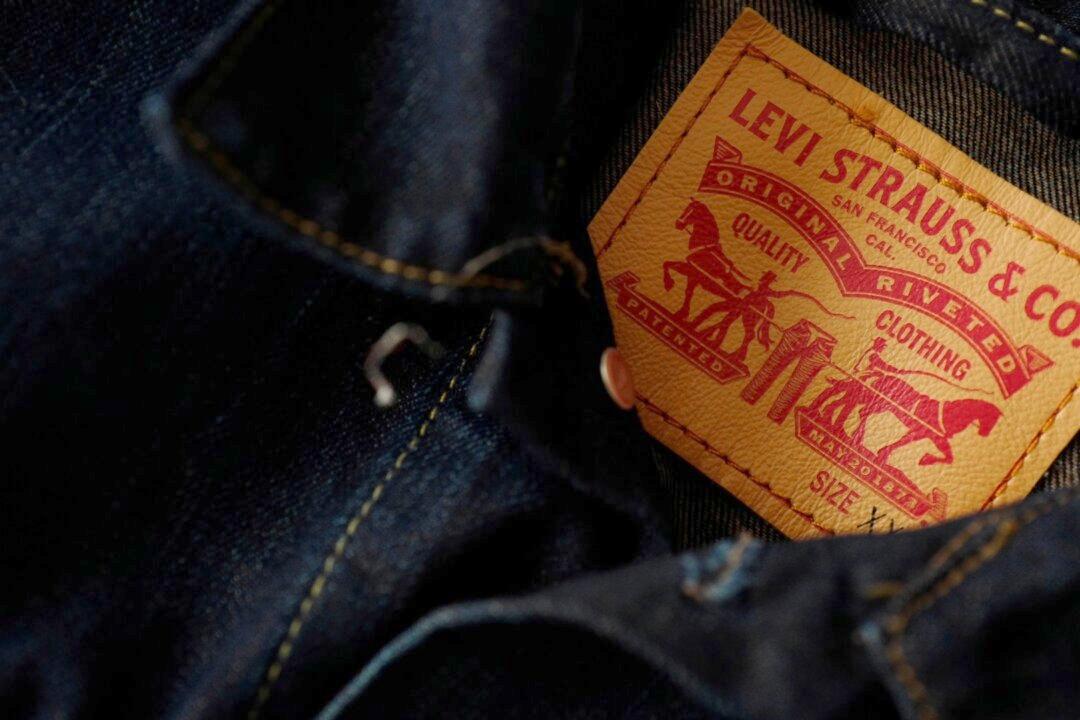Clothes maker Levi Strauss & Co. announced on Monday that it is temporarily suspending commercial operations in Russia in response to the “ongoing humanitarian crisis in Ukraine.”
The San Franciso headquartered company also said it was donating thousands of dollars in humanitarian aid to help Ukrainian refugees who have been forced to flee the country.




